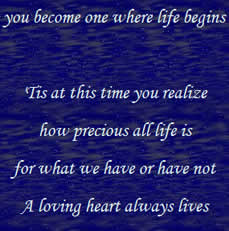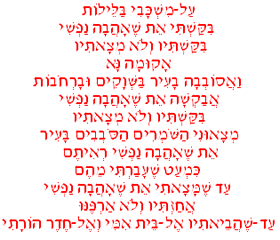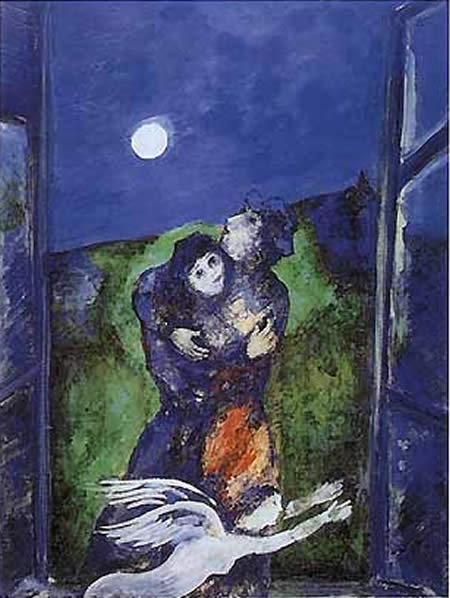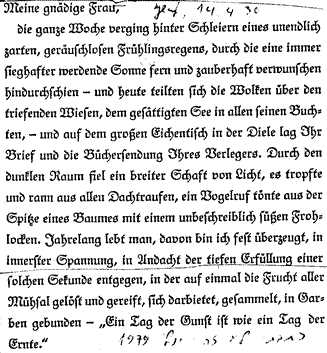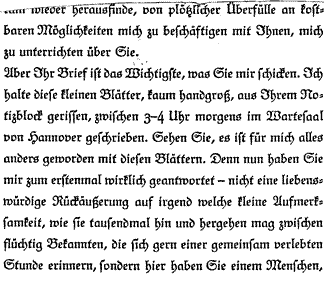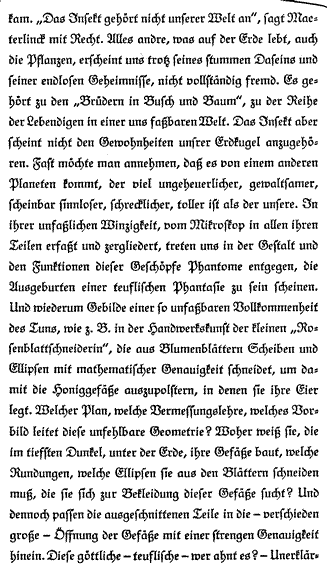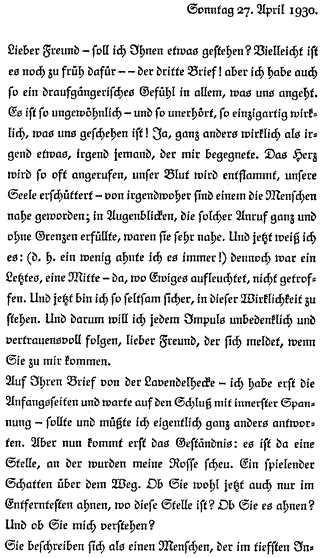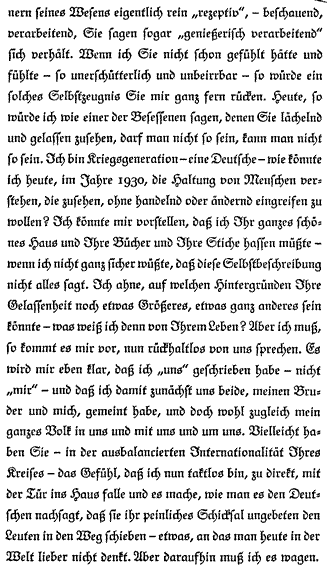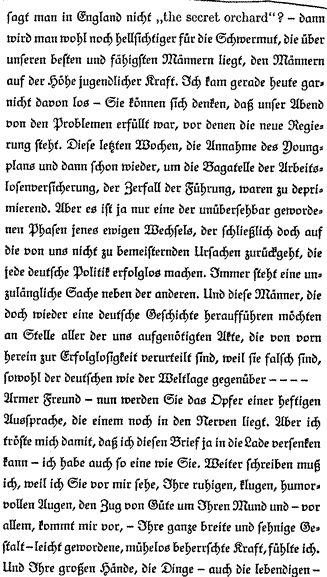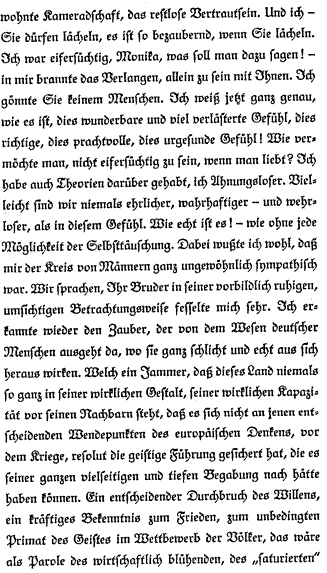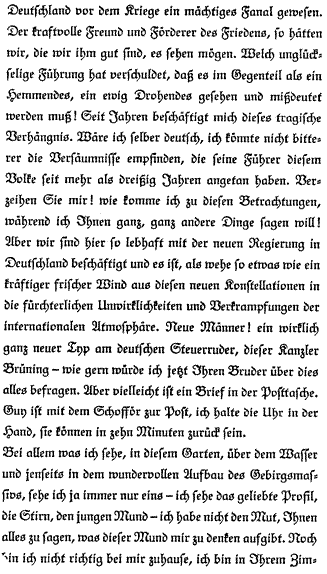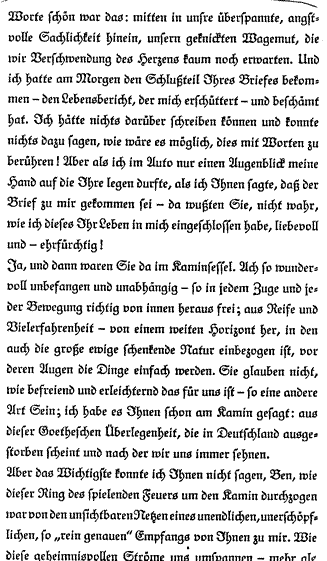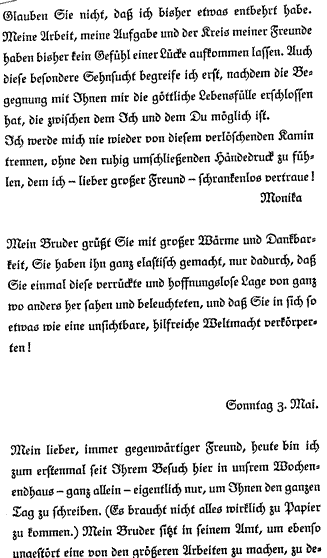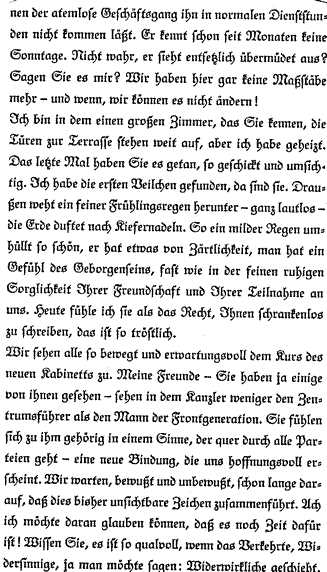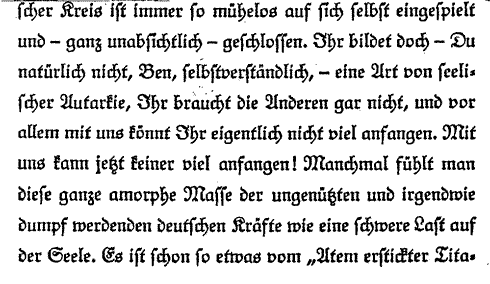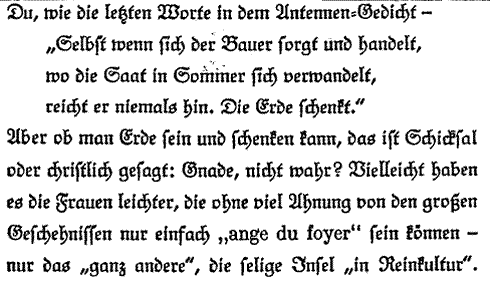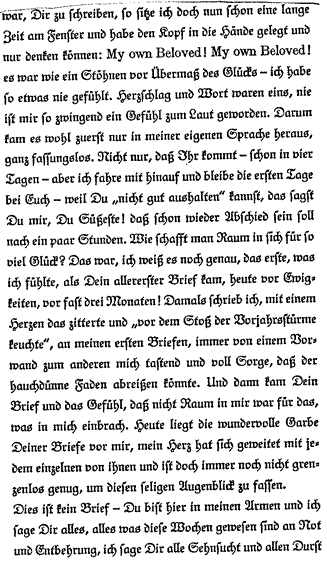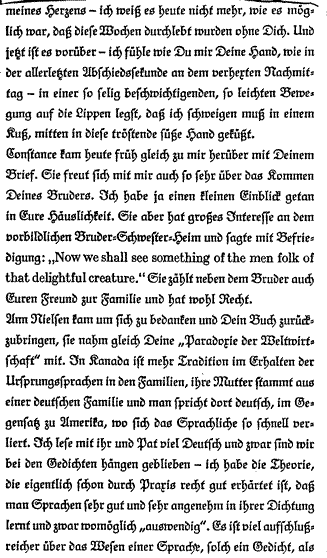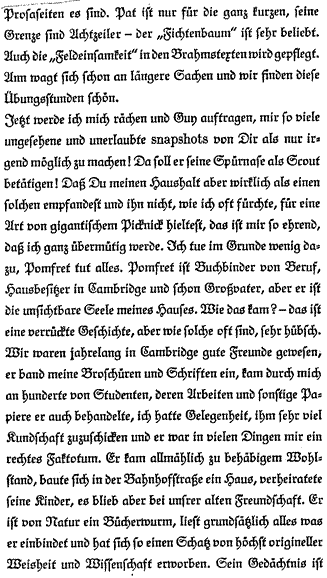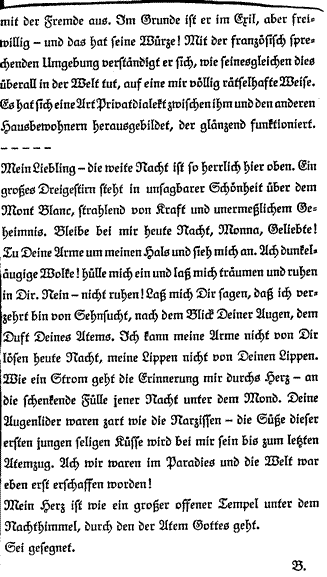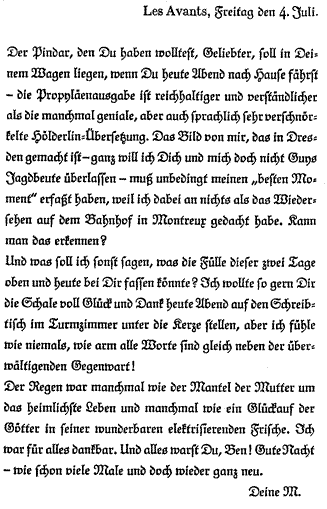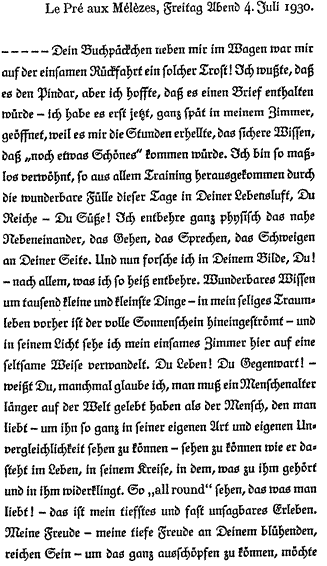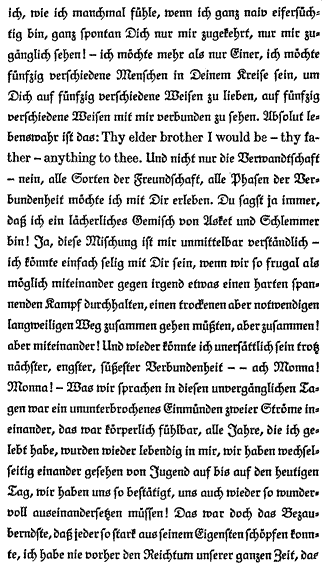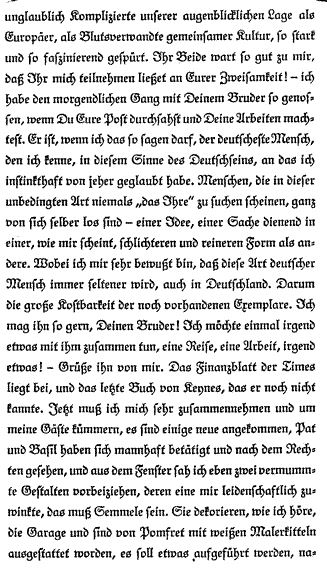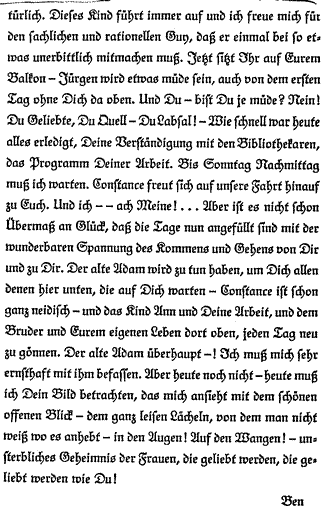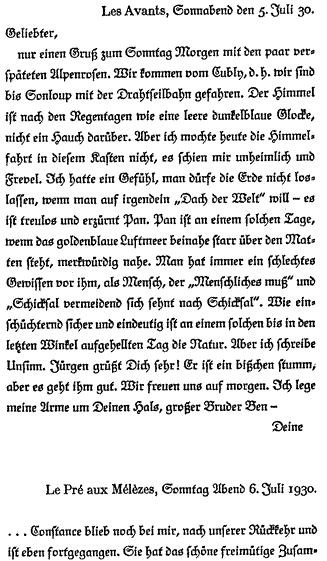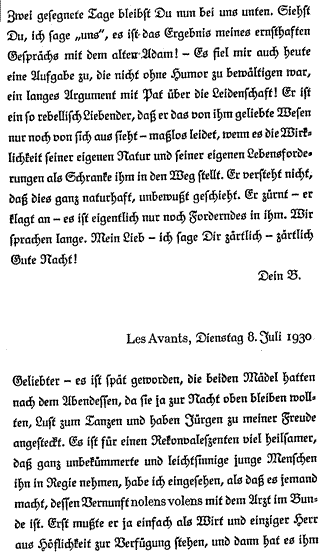In the morning pool I rehearsed this
song over and over again.
In the Sephardi Jewish community the "
Song
of Songs" is recited
every Shabbat Eve
Like in the simple poem at the top of today's page it
is a woman who speaks.
While at Shakespeare's times female roles (Juliet!) were
still played by men,
there is this woman who -
perhaps
3000 years ago - speaks not only in her own
name,
but lets us know that she is the active one,
[just like Eve who gave 'the fruit
of knowing' to Adam, the man...].
She gets up from her bed, she roams around the streets
of Jerusalem,
she isn't afraid of the guards, but asks them to help
her,
and when she finds HIM,
she is the one who pushes him into her mother's bedroom.
There are other females in her song, her mother first
of all (2 terms!).
For she does not bring HIM to her parents.
Her father may have many women, and therefore does not
count as a father.
Her home is, where her mother lives.
And she adjures the daughters of Jerusalem!
I was reminded of
the hilarious outing
on the mountains of Gilboa,
of those 400 Jewish and Arab women this week!
One young woman from
Daburiyya
enchanted me especially:
she stood on a jeep and danced a belly dance for every
woman to see.
Later the same woman was filmed, when she met her husband
and child.
There was no friction, only joy between the three.
All the time - in that short documentary by Freddie Gruber
-
the women were exhorting each other:
"come
on, banot".
"banot" ['benot'
before a Genetive] means both: "daughters" and
"girls"
And that's the term, the Jerusalemite lover uses :
"benot-Jerushalayim",
she begins .
She has a message for them!
And to make them listen to this message,
she recruits even more female supporters, female animals!
the gazelles and the hinds!
As to the men, they only appear in their oldest profession,
as security guards!
And the one whom she loves?
He is like a phantom, only the object of her desire, not
a subject, not a "man".
Not like in the mystical image of Chagall.
Maybe that's the deeper reason, why LOVE is not yet ripe.
Whole, healed equality, "
peership",
as I call it, is missing...
But what is the message?
It is in the midst of the most
beautiful scene
of a loving woman finding her beloved,
that she claims, that love is asleep,
yes she warns us daughters and girls severely,
to not wake up and to not awaken love!
What kind of a paradox is this?
What is more:
This adjuration, imploration, supplication, this appeal,
this warning
appears two more times in this short song of only 117
verses,
and always in the midst of metaphors for passionate togetherness:
"do not wake up
and do not awaken Love
until it desires"
this is the correct translation!
luckily in English there are also two similar words!
"to wake up" and "to awaken"!
For Love is, indeed, still asleep...

